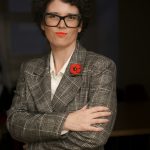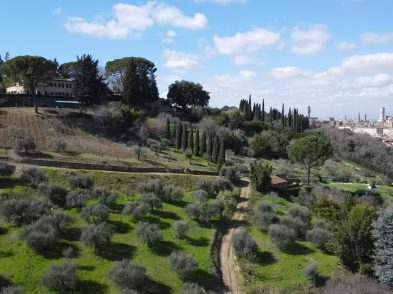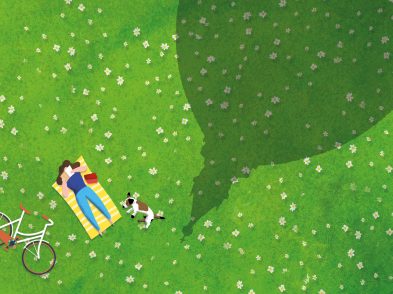Guillaume Rousson has a new role to play as the French Consulate resumes its mission in Florence after 25 years of hiatus. Installed as the Consul General of France and director of Institut Français Firenze in early February, Rousson shares his thoughts on French-Italian relations in Florence.
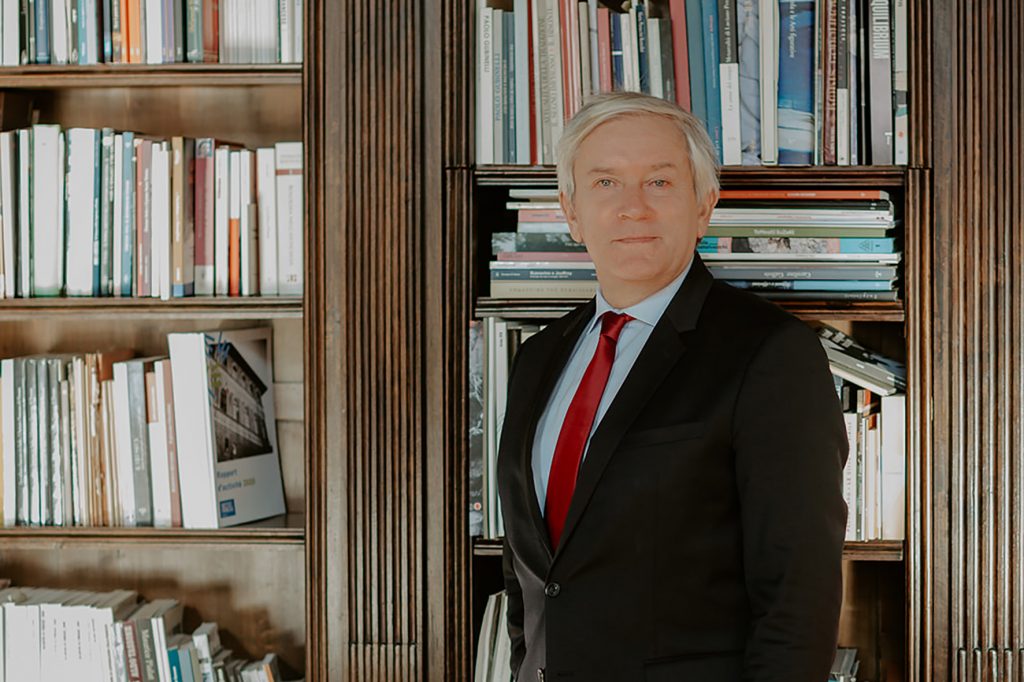
You’ve travelled the world as a diplomat in very different postings.
I’m your typical career diplomat. I’ve been posted in many countries, usually working in the chancery section of embassies, dealing with diplomatic and political affairs. In a nutshell, I’ve been posted to Romania, Cyprus, Vietnam, Austria, and Bosnia and Herzegovina. However, an important part of my diplomatic career has been dedicated to culture. When I was in Vienna, I was head of the cultural section of the French Embassy, which also included the role as head of the French Institute, and in between overseas postings, back in France, I worked twice in the cultural section at the Ministry for Foreign Affairs as well as one special posting as Deputy Head of Mission at the French Delegation to UNESCO.
How does it feel to be working in Florence as the seat of the Renaissance?
I’m very happy to be here: how could I not be! I am so bewitched by Florence that, so far, I have only been to one museum. I visited the Opera del Duomo Museum, which is marvellous. I spent two hours looking around, but two hours was just an apéritif as there are so many things to see! Just walking in the streets of Florence is like watching the centuries.
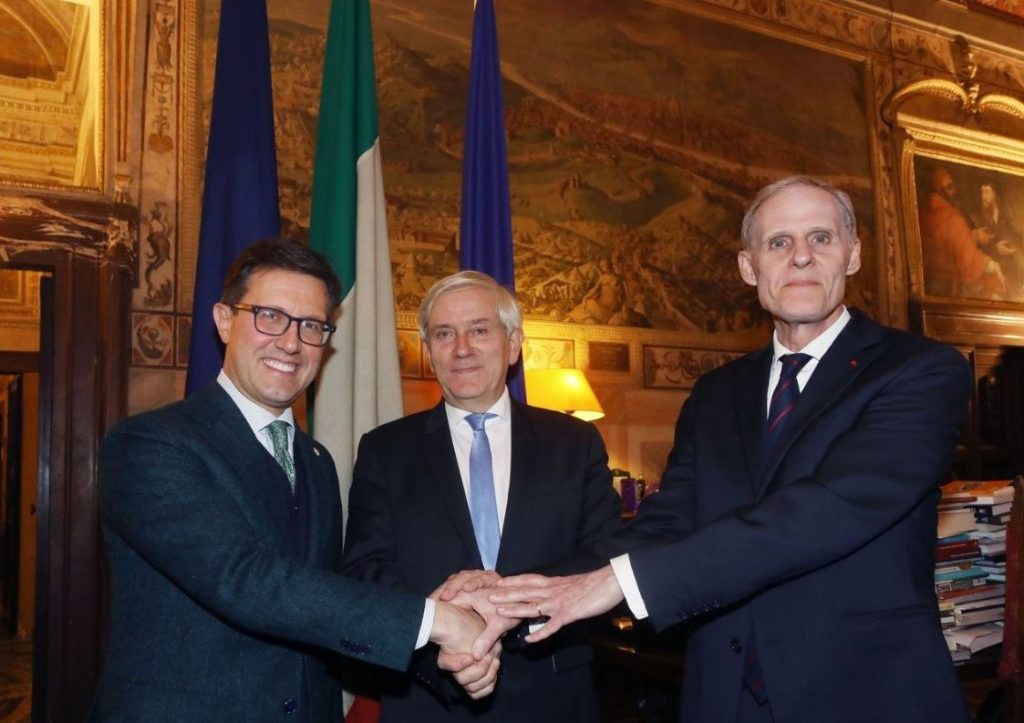
For the last 25 years, the French consul position has been an honorary one, but now the French Consulate has resumed its official diplomatic mission in Florence. What does that mean?
Clearly, it’s another story because the administrative power of a consul general is totally different. My predecessor was the fully-fledged head of the French Institute and honorary consul, which meant that she could perform some tasks in the consular field. A consul general, on the other hand, is entitled to have political connections in the regions (my consular area also includes Marche and San Marino), such as with the regional presidents and mayors, as well as with CEOs of major Italian companies based in the area that are linked to France or French firms based in the region, and heads of cultural institutions. Paris expects me to develop these relationships as much as I can.
What does this change mean for French residents living in Tuscany?
There’s not a tremendous change in that. It is clear that in my mandate I have to be present for our French community. My door is open to all French citizens who wish to come to the Consulate. I take the opportunity to meet with them when they come here to collect their documents and I will be travelling to the big cities in my region. We have also re-instituted the Consulate General of France in Rome and it remains the place in charge of issuing ID cards and passports. When it comes to voting, French citizens living in the region can vote through the Consulate in Florence: that hasn’t changed.
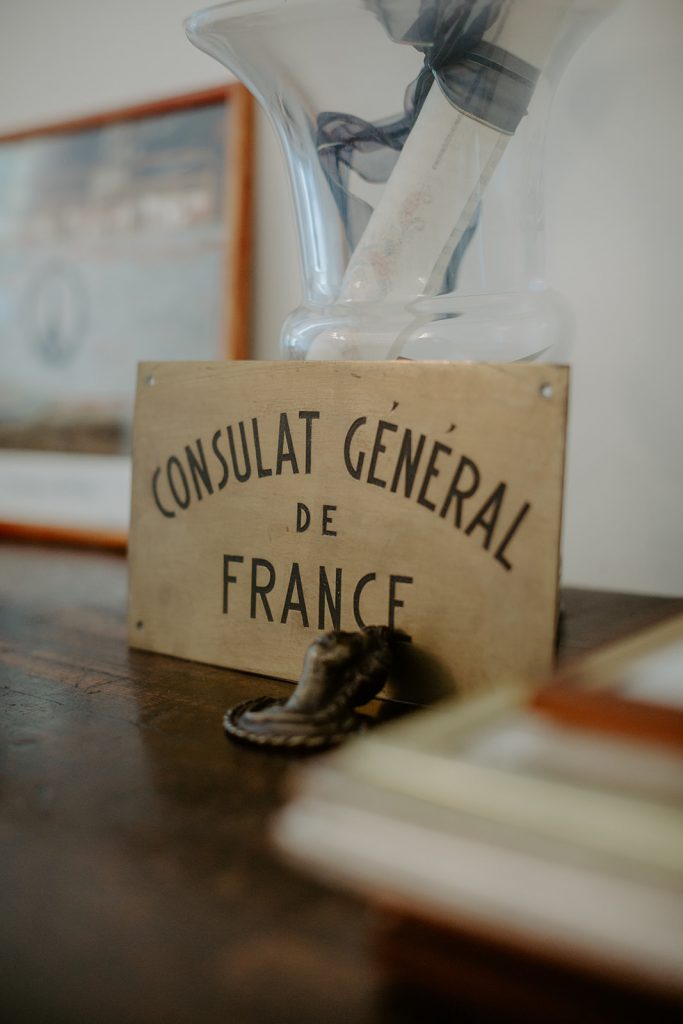
The Institut Français is admired in Florence as a seat of learning and culture. What can we expect under your direction?
Did you know that it is the oldest French Institute in the world? It dates back more than a century. I have been reading various books and documents about the French Institute and I discovered, for instance, that we have one writer, Romain Rolland, who won the Nobel Prize for Literature in 1915. He spent time in Florence. First of all, we will focus on the French language, which is the core of our activities. There are many possibilities to learn French, but maybe we can invent some new means and styles to show what the French language is and therefore attract new people. Secondly, we already have a strong image in terms of cinema and we could develop that more; I will probably insist on that. Thirdly, we can rely on French institutions and regions to have a deep interest in Florence in order to build some links.
How are your collaborations with Italian and international cultural institutions, especially post-pandemic?
In addition to collaborations with Teatro della Pergola and Accademia Cherubini, soon we will be signing a convention with Istituto Lulli, which was created by Maestro Sardelli. It’s important that we don’t focus only on French culture, but that we remain open to the city and to other institutions. The Institut Français is multifaceted—food, wine, dance, contemporary art, and so much more—and we will strive to show this side of French culture.
The Institut Français and the Consulate General of France in Florence are situated in piazza Ognissanti 2.

